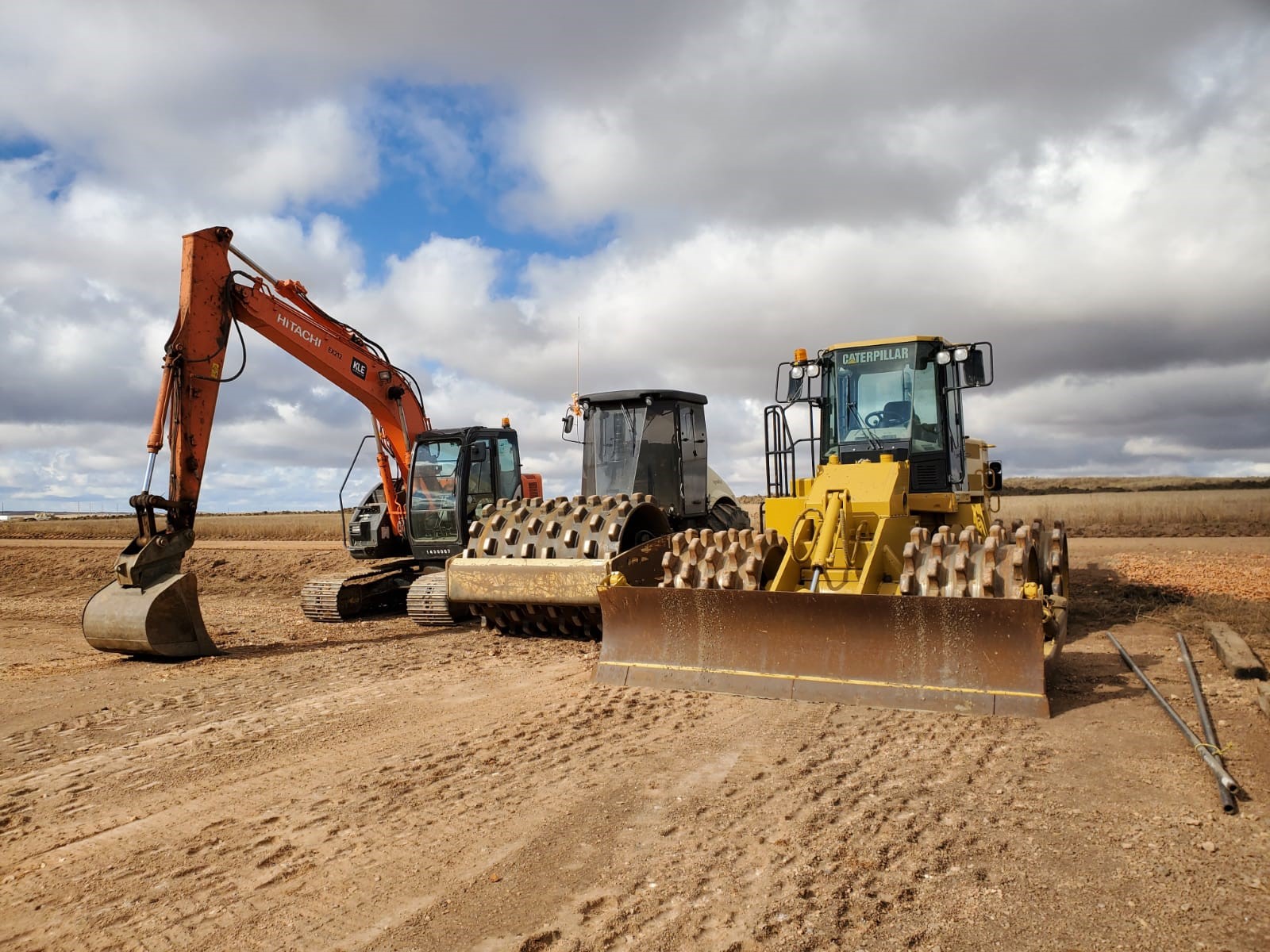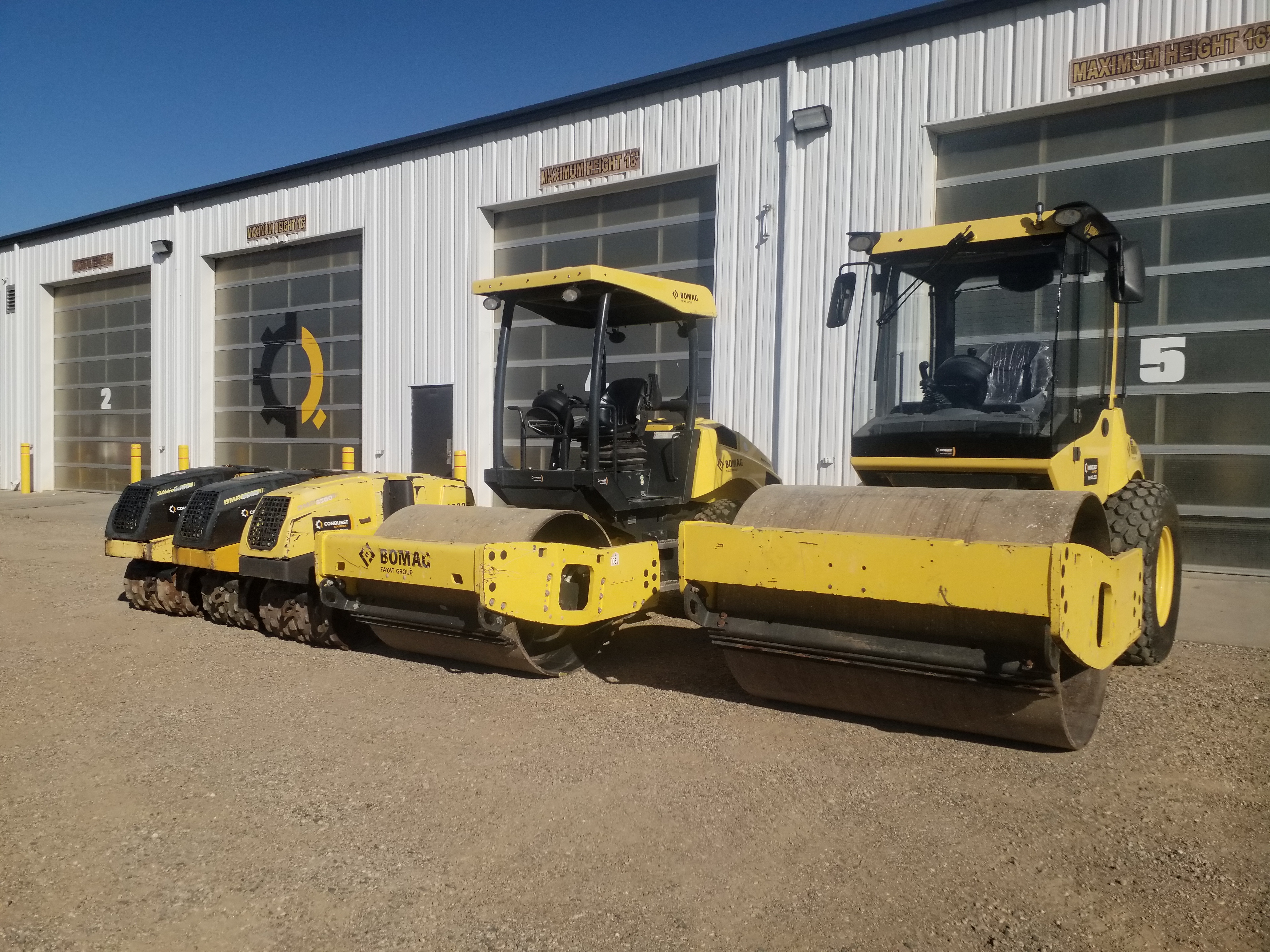Every heavy equipment owner desires a high return on their investment. To do so, they must first understand why and what they should sell, as well as how to prepare equipment for sale.
In addition, owners should figure out how to sell machinery easily and effectively so that they can get more money for it.
WHY SELL EQUIPMENT?
There are a variety of reasons for selling equipment, including:
Equipment needs replacing. In certain situations, downtime becomes a problem as machinery accumulates hours. Equipment will last longer if it is well-maintained. However, some repairs when evaluated against the age and overall condition of the equipment don’t make financial sense, leading equipment managers to opt for replacement rather than costly repairs on older gear. Sellers can still find buyers for equipment that is not in perfect condition, as some buyers purchase equipment with the intention of fixing it or using it for parts. In addition, globally there are areas where labour costs are much lower and repair of the equipment is economical, as well as areas where the older mechanical systems are preferred over newer technology.
The business no longer needs the equipment. Large or specific projects can necessitate the acquisition of specialized equipment or additional machines. The equipment may not be required at all or may be underutilized once the work is done. Rather than tie up money, businesses can choose to sell surplus equipment and invest the proceeds in other areas of the business or for equipment needed for future projects.
Equipment has been sitting idle. Over time, equipment depreciates. It is inefficient for a company to invest money in assets that remain idle month after month, generating no sales. This could happen because a machine has been destroyed, is no longer used for current projects, or has simply been forgotten. A company must keep track of equipment use, location, maintenance costs, and condition on a regular basis. If utilization is trending low, maintenance costs are increasing, and if there are no plans to use the equipment, selling is a great option for getting it off the books and putting some cash back into the business.
Equipment is in demand. Equipment demand will fluctuate during the year, so sellers should be aware of that. Reviewing the current fleet and selling excess or unwanted items is recommended in the first quarter of the year as many fleet managers assess their upcoming projects for the year and look into purchasing equipment that fits these needs. The second and third quarters of the year still see a great deal of activity in the auction industry, but prices may be slightly lower as demand levels off while equipment is put to work during typically warmer months.
A better machine is available. A newer model may have better features, options, or fuel economy. In some cases, organizations are looking for equipment that meets local environmental or safety regulations, which often require the purchase of newer equipment. Or perhaps an owner wants an older model that is less complicated to operate and easier to repair. In the long run, selling equipment that no longer serves the needs of the company and its employees is profitable. Many managers see the growth of the equipment rental industry as a positive factor in their decision-making process, since a short-term need can sometimes be met by renting. This often makes a selling decision easier.
PREPARING TO SELL EQUIPMENT
Owners who are getting ready to sell their equipment should clean it and make some inexpensive fixes that will boost the “curb appeal” and, eventually, the final selling price.

Cleaning equipment on a regular basis avoids residue buildup, ensuring that it looks good and functions efficiently. Over time, the buildup of hardened grease, mud, vegetation, and road salt can cause corrosion and damage to the equipment. Equipment will benefit from the removal of dirt, grime, and debris from both the interior and exterior.
In addition to maintaining hydraulics, all major components, such as the engine and transmission, need to function properly. Oil sample records add value by demonstrating to prospective customers that routine maintenance has been completed and that major components are in good working order. Sellers should study recent sales of similar equipment to get an idea of the future value of a working machine before selling it. A seller should consider making only the most necessary repairs if the estimated cost of repairs and the original amount invested in the item outweighs the projected return. If equipment requires extensive repairs, the seller may want to sell the machine for its parts or utilize it a bit longer to reap the benefit of the repair expense.
HOW TO SELL
Some sellers prefer to sell their equipment locally at physical auctions. However, spending time and money to transport equipment to an auction site diminishes a seller’s final return. Today, many sellers have turned to online marketplaces to sell their equipment from where it sits. Online marketplaces eliminate transportation costs and allow owners to list equipment quickly so that they can properly time sales and have more flexibility as business needs change. A disadvantage to online marketplaces is the cost that may be included to list equipment. To overcome these challenges and to make selling hassle-free, Conquest Equipment offers a Free Advertising Program as part of our Conquest Connect Program. With the Free Advertising Program, Conquest takes care of acquiring the information, the listing, and the transaction to give the seller peace of mind. Customer support is important through both the selling and the buying processes.

